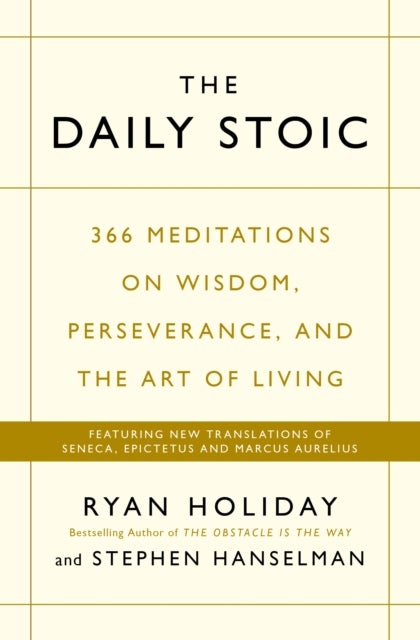The Useful Knowledge Of William Hutton: Culture And Industry In Eighteenth-century Birmingham Hardcover English by Susan E. Whyman - 43438
Now:
AED 294.30 Inclusive of VAT
 Only 1 left in stock
Only 1 left in stock
Get it by 27 Dec

Earn 5% cashback with the Mashreq noon Credit Card. Apply now

Pay 4 interest-free payments of AED 73.58.Learn more

Split in 4 payments of AED 73.58. No interest. No late fees.Learn more




1
Free delivery on Lockers & Pickup Points
Learn more
Enjoy hassle free returns with this offer.

Item as Described
70%
Partner Since
7+ YearsSpecifications
| Publisher | Oxford University Press, USA |
| ISBN 13 | 9780198797838 |
| ISBN 10 | 198797834 |
| Book Subtitle | Culture And Industry In Eighteenth-century Birmingham |
| Book Description | The Useful Knowledge of William Hutton shows the rapid rise of a self-taught workman and the growing prominence of the city of Birmingham during the two major events of the eighteenth-century - the Industrial Revolution and the Enlightenment. Hutton achieved wealth, land, status, and literary fame, but later became a victim of violent riots. The book boldly claims that an understanding of the Industrial Revolution requires engagement with the figure of the 'rough diamond', a person of worth and character, but lacking in manners, education, and refinement. A cast of unpolished entrepreneurs is brought to life as they drive economic and social change, and improve their towns and themselves. The book also contends that the rise of Birmingham cannot be understood without accepting that its vibrant cultural life was a crucial factor that spurred economic growth. Readers are plunged into a hidden provincial world marked by literacy, bookshops, printing, authorship, and the spread of useful knowledge. We see that ordinary people read history and wrote poetry, whilst they grappled with the effects of industrial change. Newly discovered memoirs reveal social conflict and relationships in rare detail. They also address the problems of social mobility, income inequality, and breath-taking technological change that continue to perplex us today |
| Editorial Review | As well as students of literary culture, historians will find this book valuable as a guide to epistolary sources. * Northern History * As with Whyman's earlier book of the Verney family ... the strength of this one lies in the detailed and imaginative exposition of documentary sources, the close reading of texts, and the sympathetic engagement with people who are brought to life either as individuals or composites * R. A. Houston, English Historical Review * A richly researched book...Whyman has woven a history of the importance of letter writing at this time, and a portrait of a people being formed through a democratizing popular culture of letter writing. * Mary O'Connor, Review of English Studies * Important...exceedingly well researched...valuable * Gary Schneider, Reviews in History * This is a fascinating book. Susan Whyman is to be applauded for following one excellent social history with another. * Rosemary O'Day, Journal of British Studies * Whyman's work is important for challenging established views on popular literacy in the period. She is to be commended for the conscientious, exhaustive nature of her research... Whyman has uncovered valuable family archives...which 'give voice' to the historically obscure and with a thrilling immediacy as, through these documents penned with no thought of publication, we are allowed the illicit pleasure of eavesdropping on words not meant for our ears, of glimpsingthe lives of individuals who lived over two hundred years ago. * Wendy Jones Nakanishi, English Studies * Engaging...[and] provocative... The striking case studies of The Pen and the People, as well as the substantial archival body out of which they emerge, will certainly require a revision of the history of eighteenth-century literacy. In addition, for scholars of the period's popular and literary print cultures, new and important questions have been raised about the role of the pen and the many humble people who wielded it in disseminating and shaping thosecultures. * Betty A. Schellenberg, Huntington Library Quarterly * The book is triumphantly successful. Our understanding of the culture and mentality of late Stuart and Georgian England is both broader and deeper after her work...a highly satisfying book. * Anthony Fletcher, History * The originality of The Pen and the People lies in the cavalcade of writers used by Whyman to reclaim a vanished social world. * Amanda Vickery, London Review of Books * Impressive...breaks significant new ground. * History Today * A fascinating account. * Hannah Barker, History Today, Best History Books 2018 |
| About the Author | Susan Whyman is an independent historian, formerly of Princeton University, where she received both MA and PhD degrees. Whyman lectures and publishes widely, both in England and the US, on British culture. She is a fellow of the Royal Historical Society and the author of The Pen and the People: English Letter Writers, 1660-1800, winner of the 2010 Modern Language Association Prize for Independent Scholars; Sociability and Power: The Cultural Worlds of the Verneys, nominated for the History Today Prize; and Walking the Streets of Eighteenth-Century London: John Gay's Trivia (1716), co-edited with Clare Brant (all published by Oxford University Press). |
| Language | English |
| Author | Susan E. Whyman |
| Language | English |
| Publication Date | 43438 |
| Number of Pages | 240 |
The Useful Knowledge Of William Hutton: Culture And Industry In Eighteenth-century Birmingham Hardcover English by Susan E. Whyman - 43438
Added to cart
Cart Total AED 294.30


























































































































